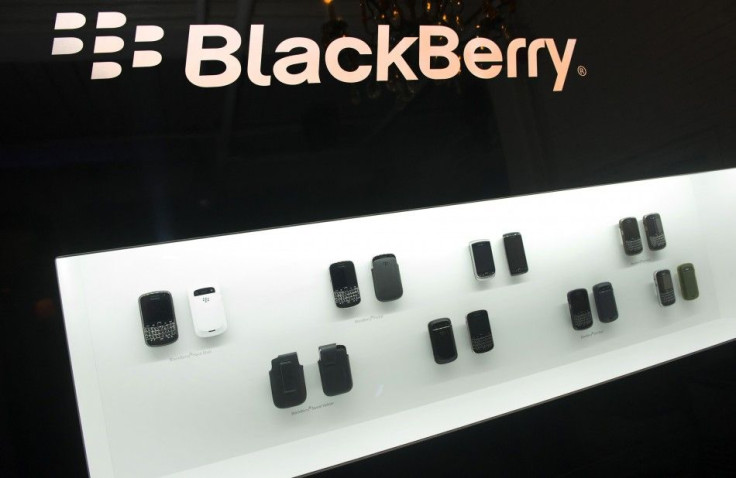The (Big) Problem with RIM

Research in Motion, by all accounts, had a terrible week. But things might get even worse.
The Canadian technology company posted dismal quarterly earnings numbers, missing revenue and sales targets, while margins continued to shrink. The numbers earned RIM several downgrades while shedding nearly a quarter of its value on Friday -- this after the company even undershot a previously issued warning.
But perhaps the most shocking bit of information to emerge from the earnings and subsequent analyst call was that RIM's highly touted PlayBook was dead-on-arrival.
Shipments of the company's supposed iPad-killer tablet totaled 200,000 units, less than half of analyst expectations, and even missed the company's own projections.
In comparison Apple alone 9.25 million iPads last quarter.
The poor showing underscores the lack of careful planning and execution that has unfortunately become a hallmark of its recent efforts. The device -- much like its hyped Storm smartphone of yester -- was pushed out in haste, lacking refinement and consumer understanding, and like the Storm, flopped.
But times have changed since the Storm was introduced. Apple and Google have since dominated the market, turning the smartphone paradigm on its head with their consumer-first approach.
For its part, RIM has recognized this , and it has been in the labs cooking up a new software platform dubbed QNX, a central piece of its efforts to restore the company.
QNX is RIM's major if not only hope to provide a user experience that approaches, if not matches that on the iPhone and Android phones, Needham & Co analyst Charlie Wolf told clients. It remains an open question whether it will.
The big problem, however, is the Playbook isn't built on top of Google's Android or some cut-rate 3rd party platform -- it's built on QNX. Yes, the same QNX that executives and investors are hoping will bring RIM back to its former glory, is already failing in the market.
The reasons hindering the full QNX experience on the Playbook don't look as if they'll be resolved for the new BlackBerry launch either. In fact, the PlayBook highlights issues with RIM's strategy.
Co-CEO Mike Lazaridis conceded the PlayBook had been thwarted by a lack of apps and content, not necessarily by a weak platform. Like Apple with its iOS, and Microsoft with Windows, creating a successful platform will be dependent on the eco-system it supports, but RIM hasn't shown ability to foster that.
The disappointing launch of the PlayBook has really compromised RIM's ability to further develop a mobile ecosystem with long-term profitability, said James Faucette of Pacific Crest.
More troubling, the current trajectory may only reinforce this.
When pressed as to how fast QNX devices might take over, Lazaridis told investors , we're going to see strong growth in both and they have different market segments and different appeal around the world.
That implies the two operating systems will co-exist for some time, but this only serves to fracture what scarce developer resources it has already. For an eco-system to take hold, RIM would need more developers, not less.
How does RIMM maintain application developer loyalty given some potential confusion about adopting the BB7 or QNX platforms while competitive platforms appear to have momentum with application developers, asked Jim Suva with Citigroup.
Couple this with the frenzied anticipation of the iPhone 5, and continued strengthening of its rivals, its doubtful RIM will ever return to its glory days.
© Copyright IBTimes 2024. All rights reserved.











